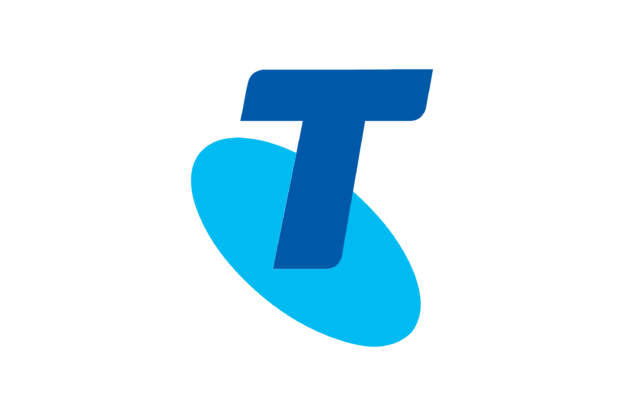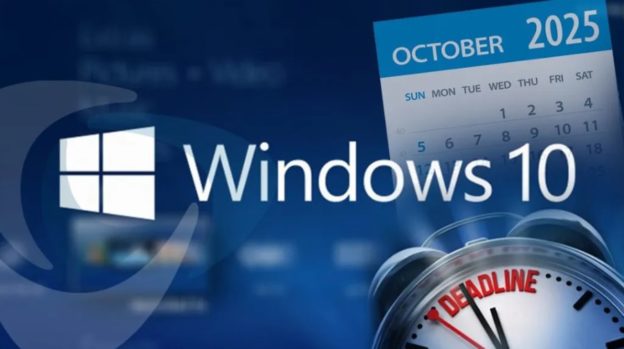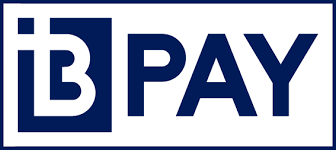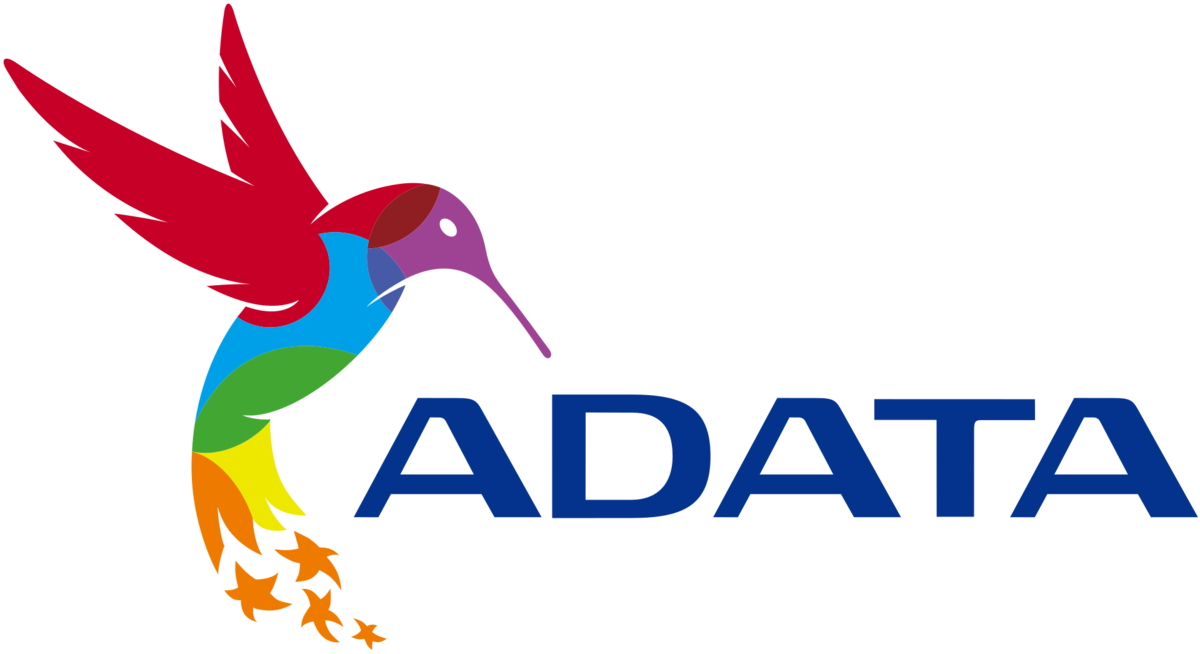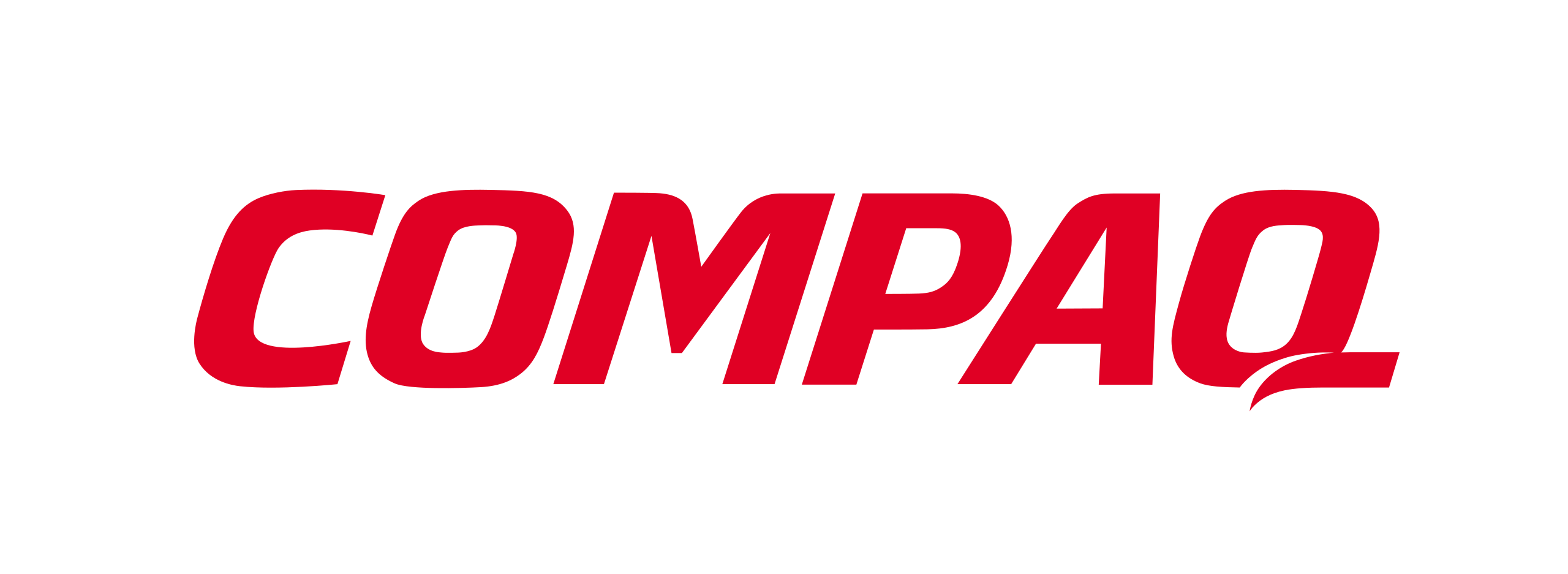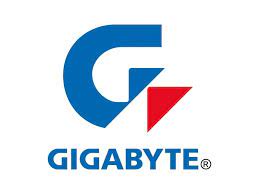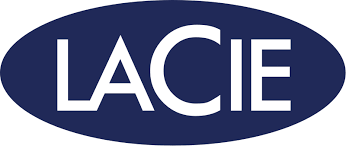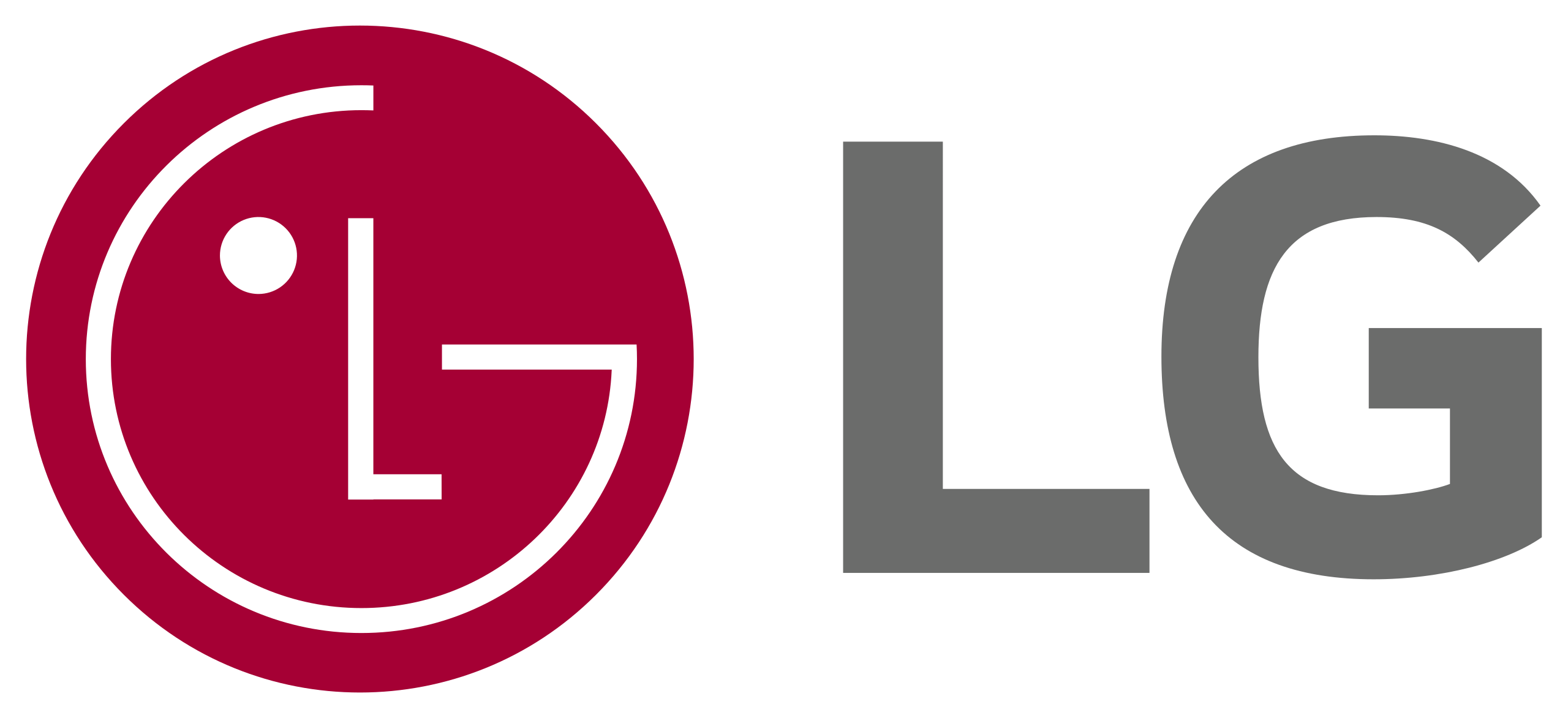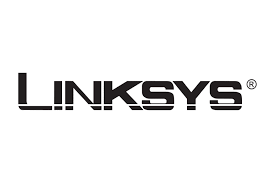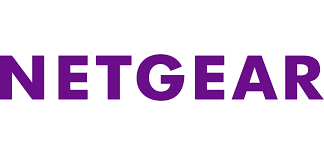Mediocre Security Stunning Australia
Australia is the leader in the Oceania region when it comes to global digital quality of life (DQL). However, this is no happy news for the country, considering the Oceania region consists of only two countries: Australia and New Zealand.
While Australia might have ranked higher than New Zealand in DQL, a 2021 survey by Surfshark showed a totally different picture. According to the survey, the country ranked 17th overall out of 110 countries.

To evaluate the success of the economy-wide digital transformation of the 110 countries. Surfshark based its survey on five pillars or parameters. These include:
- Internet affordability
- Electronic infrastructure
- Electronic government
- Internet quality
- Electronic security
Let’s dive deeper and learn why Australia receives mediocre ratings.
Australia Rankings in Terms of Digital Economy
Based on the survey, Australia had an overall score of 0.6835, which placed it ahead of New Zealand (0.6492). It was also ahead of other developing countries, including Qatar (0.6050), Ireland (0.6459), Malaysia (0.6108), and China (0.6529).
But because of Australia’s mediocre digital security, it ranked behind fellow world-class countries like Finland, Israel, Denmark, and South Korea.
Nevertheless, Australia was flagged as one of the leading countries in terms of Internet quality. In 2021, the nation’s mobile internet speeds improved by 90% and broadband by 85%.
Despite these strong points, Australia still has mediocre scores in terms of e-infrastructure and internet affordability. The mediocre e-security ratings placed the country at position 36 globally.
The Weakest Points of Australia Digital Economy
Poor Digital Security
Security is one of the key indicators of a nation’s progress in terms of the digital economy. But according to Surfshark meta-analysis, the Australian government is falling at this front. The analysis validates the status of a country’s data protection laws and official signals as the National Cyber Security Index {NCIS).
Australia’s digital security is behind compared to other countries in the AUKUS partnership. The UK ranked tenth and the US fifth. These countries even scored better in terms of cybersecurity. US and UK ranked 16th and 18th, respectively.
In the past years, a quarter of cyber-attacks reported to Australian security officials targeted essential services and critical infrastructures. These included energy, health care, and food distribution. These attacks show the vulnerability of the country’s digital systems.
Between 2020 and 2021, the Australian Cyber Security Center (ACSC) reported an increase in ransomware attacks by 15%. Also, there were over 67,500 reports of different cybercrimes in the 2020-2021 financial year. Throughout 2021, businesses, individuals, and other entities have lost over $33bn to cyber-crimes.
This explains why Australia was ranked 30th by the NCSI. Nonetheless, other factors, like the introduction of data-retention laws, might have contributed to the low digital security rating. The law brought about new digital search warrants and ramrodded damaging ‘Encryption Act’ into law to promote an extraordinary global sting.
Despite the warnings from the US government, Australia passed the Encryption Act. However, the law might be a selling point for the nation, considering it helps foreign governments to work around local privacy limitations.

Ways Australia Government Can Address Digital Security Issues
It’s no secret! Cybersecurity is an issue of concern, especially if a country wants to become the top digital hub in the world. The Australian government can protect businesses and families from hackers in the following ways:
- Review the Cyber Security Strategy
The government needs to work with businesses, telecommunication providers, state government agencies, and cyber startups to design a plan to protect Aussies and their businesses. They need an inclusive, collaborative, and comprehensive plan, which can be adopted at the federal level and by states.
- Work to Improve Cyber Safety Education in Schools
Introducing digital security at all levels of education will help the younger generation comprehend the consequences of their online behaviours. For instance, students will understand the risks of sharing personal info and nude photos online.
- Collaborate With Small and Medium Businesses
Existing Australia’s cyber strategy fails to engage with the business sector. Startups and medium businesses are a crucial part of the larger business supply chain ecosystem. Therefore, complications in one sector can have a devastating impact.
This business can adopt The Essential Eight to shield themselves against cyber-attack. But these strategies don’t factor in the human side of the exploitation, otherwise known as social engineering. This is where people get tricked into sharing passwords that protect their private details.
- Make Australians a Difficult Target for Cybercriminals
UK’s National Cyber Security Centre implemented technical control to help its citizens fight cybercrimes in smart and innovative ways. Also, the country’s Active Cyber Defense leverages top-secret intelligence to detect and block malicious emails campaigns started by cybercriminals. Australia can follow the same path to shield the public from scammers and hackers.
Expensive Internet Connectivity
Digital security is not the only thing contributing to the mediocre overall ranking. Internet affordability is another issue. This is true, especially after telcos received dispensation to collaborate with Australia’s digital economy online amid the COVID-19 pandemic.
But even before the pandemic, the cost of broadband connection in the country was still high. In 2019, Pcoidi ranked Australia the fourth most expensive nation in the world for a standard 100Mbps broadband connection. The average cost of 100Mbps in Australia was $94.88, which was much pricier than in New Zealand ($83.20). Individuals in the US and UK paid $7306 and $64.23, respectively.
In 2021, the prices of internet connections soared even higher, yet the speed remained slow. Today, the wrong home internet plan can mean an Australian household can spend over $650. Now the internet seems like a luxury rather than an essential service.
The removal of competitive pressure caused a major surge in internet prices. Earlier this year, the National Broadband Network (NBN) began preparation for privatisation in the face of attrition of broadband customers and competition from Telstra.
Amid the pandemic, Telstra eliminated 100Mbps plans, claiming it could not deliver. This forced customers to settle for expensive NBN Co plans.
Besides that, the internet speeds across Australia are also unsatisfactory. In fact, now the country is ranked 56th in the world in terms of internet speeds. It falls behind countries like Bulgaria, Estonia, Trinidad, and Tobago.
Since May, telco giants like Telstra and Optus raised their prices, blaming NBN for the higher costs of the internet.
The results from the DQL’s survey provided an in-depth understanding of why Australia receives mediocre ratings. In fact, the 2020 IMD World Digital Competitive Ranking ranked Australia 51 out of 63 countries in communication technology. It was also ranked 48th in business agility.
Final Thoughts
In this era, digital technologies have a significant impact on a country’s economy. It has the potential to boost the growth of a country as well as improve its citizen’s quality of life.
But that’s only true if Australia takes the necessary steps to improve its digital landscape. Also, the nation needs to assure its people that advancement is for their own benefit, and it’s the key to enhancing their wellbeing.
Digital-focused economies cover all bases, improve digital infrastructure, educate their citizens, and set up effective regulations and policies. Addressing cyber security and failing at providing affordable internet won’t cut it.
The day Australia will combat cybercrimes, offer affordable and fast internet and improve its digital systems. That’s the day the country will rank better than those other world leaders.
References
- https://ia.acs.org.au/article/2021/-mediocre–security-stunting-australia.html
- https://www.9news.com.au/national/australian-internet-prices-soar-as-speeds-remain-some-of-the-slowest-in-the-world/2ca6eefc-536f-4d9c-ab63-b36cf6cc9f29
- https://thenewdaily.com.au/life/tech/2019/12/18/nbn-australia-internet-cost/
- https://ia.acs.org.au/article/2019/nbn-is-bleeding-fixed-line-customers.html
- https://www.theguardian.com/technology/2021/sep/15/significant-threat-cyber-attacks-increasingly-targeting-australias-critical-infrastructure
- https://theconversation.com/seven-ways-the-government-can-make-australians-safer-without-compromising-online-privacy-111091
Written by The Original PC Doctor on 5/11/2021.









